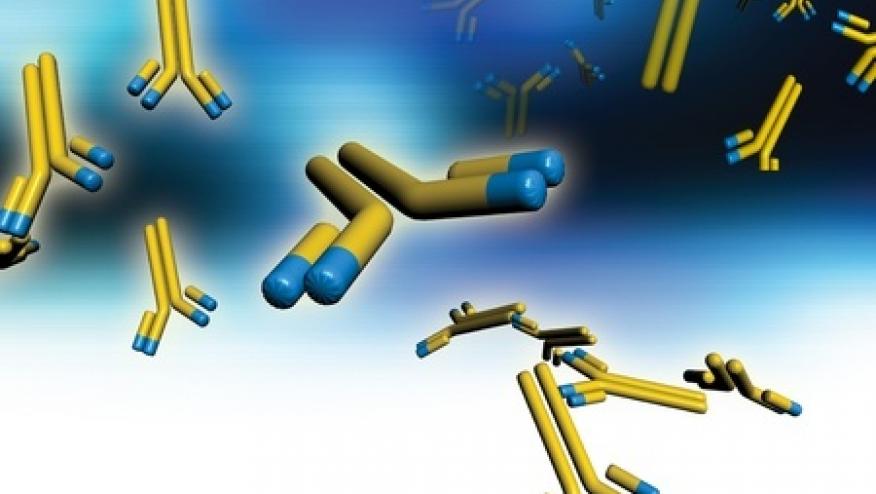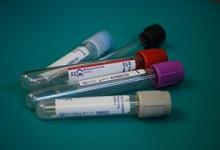Isolated SS-B Not Associated with Connective Tissue Disease Save

A one-year prospective study of 624 patients undergoing autoantibody testing for anti-SS-A and/or anti-SS-B autoantibodies finds that isolated anti-SS-B autoantibodies was not associated with features or the diagnosis of any specific connective tissue diseases (CTD).
Isolate SS-B autoantibody positivity (SS-B-positive/SS-A negative autoantibody profile) was found in 84 of 624 patients referred for testing (13.5%). Only 20% were diagnosed with a CTD, including 4 systemic lupus erythematosus (5%), 4 rheumatoid arthritis (5%), 2 idiopathic inflammatory myositis (3%), 1 primary Sjögren's syndrome pSS (1%), 1 systemic sclerosis (1%), 2 undefined CTD (3%), and 1 mixed CTD (1%).
A variety of other non-CTD autoimmune diseases and non-autoimmune diseases were seen in the remaining patients.
Arthralgia was the most frequent finding seen in 10 patients (67%), of whom 3 had arthritis.










If you are a health practitioner, you may Login/Register to comment.
Due to the nature of these comment forums, only health practitioners are allowed to comment at this time.